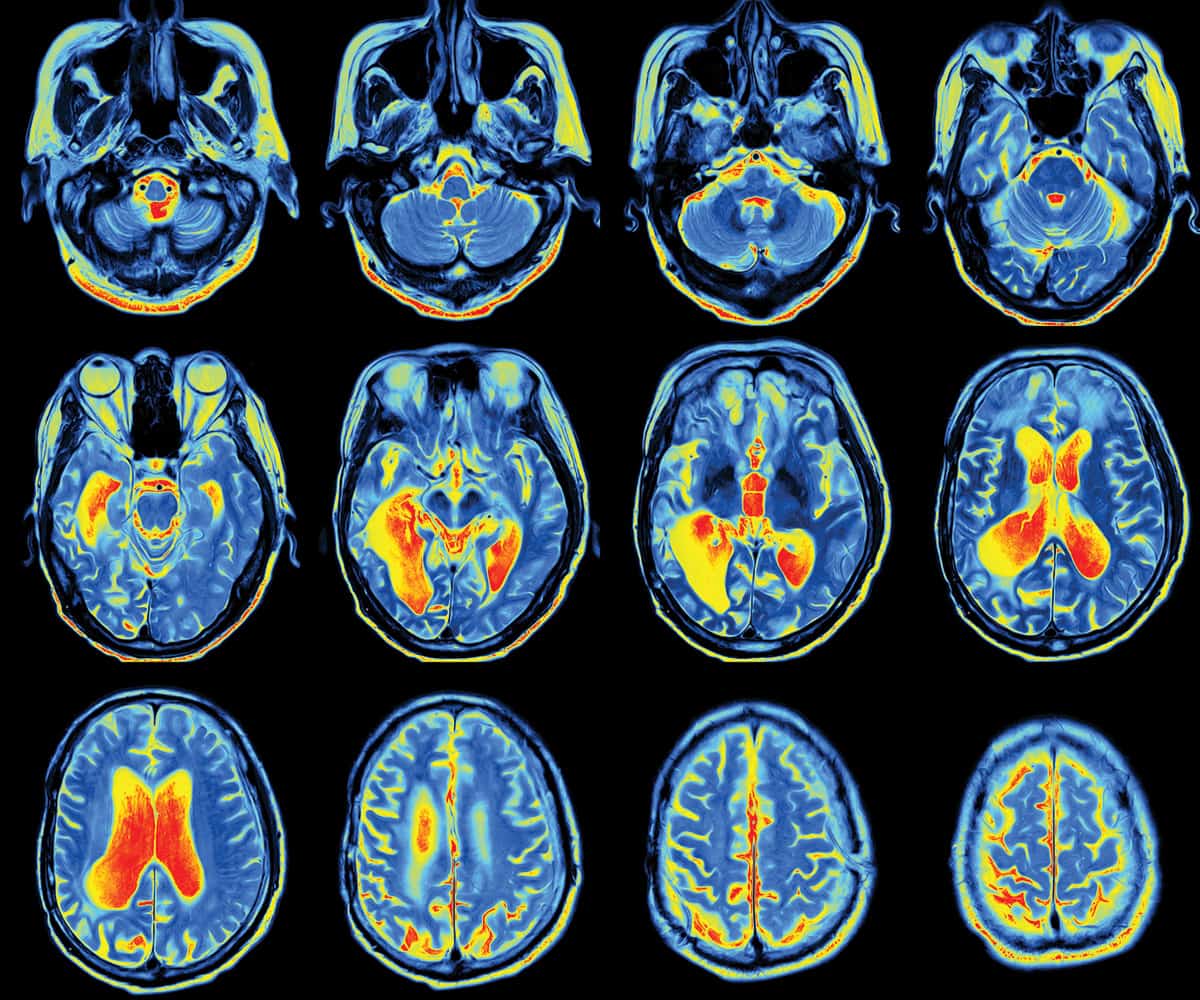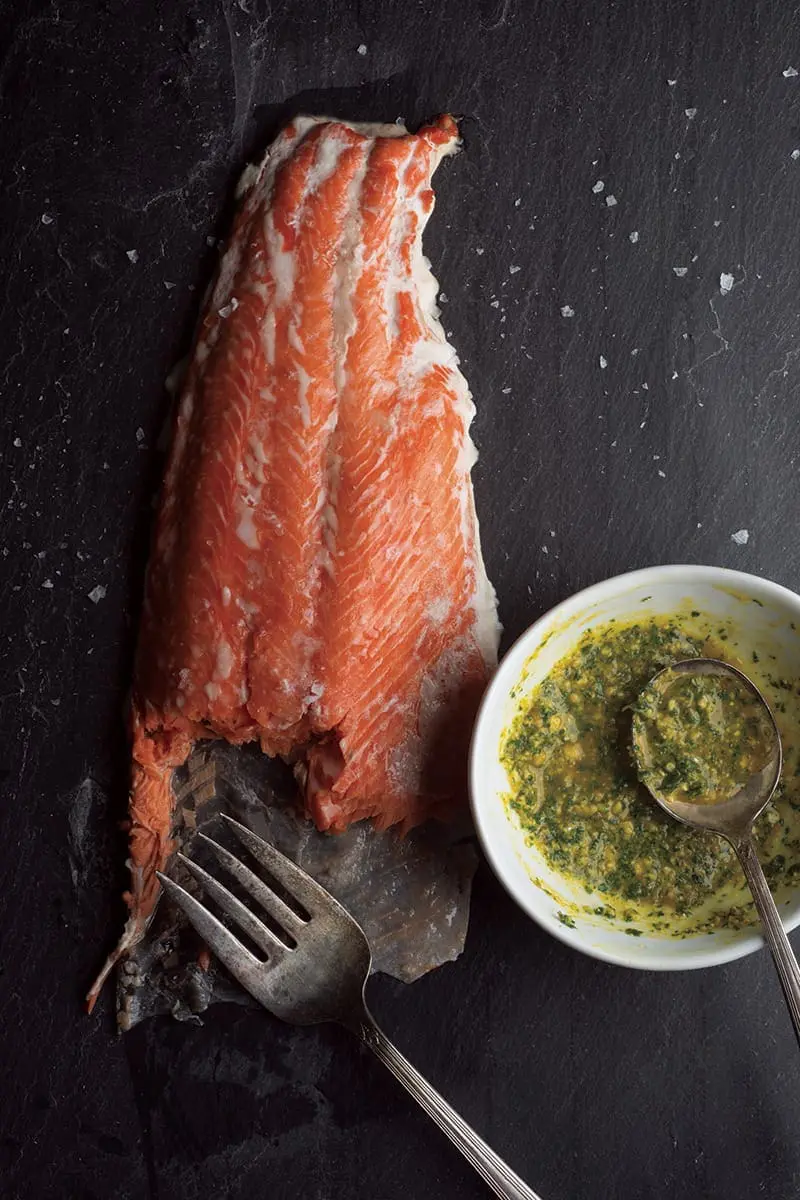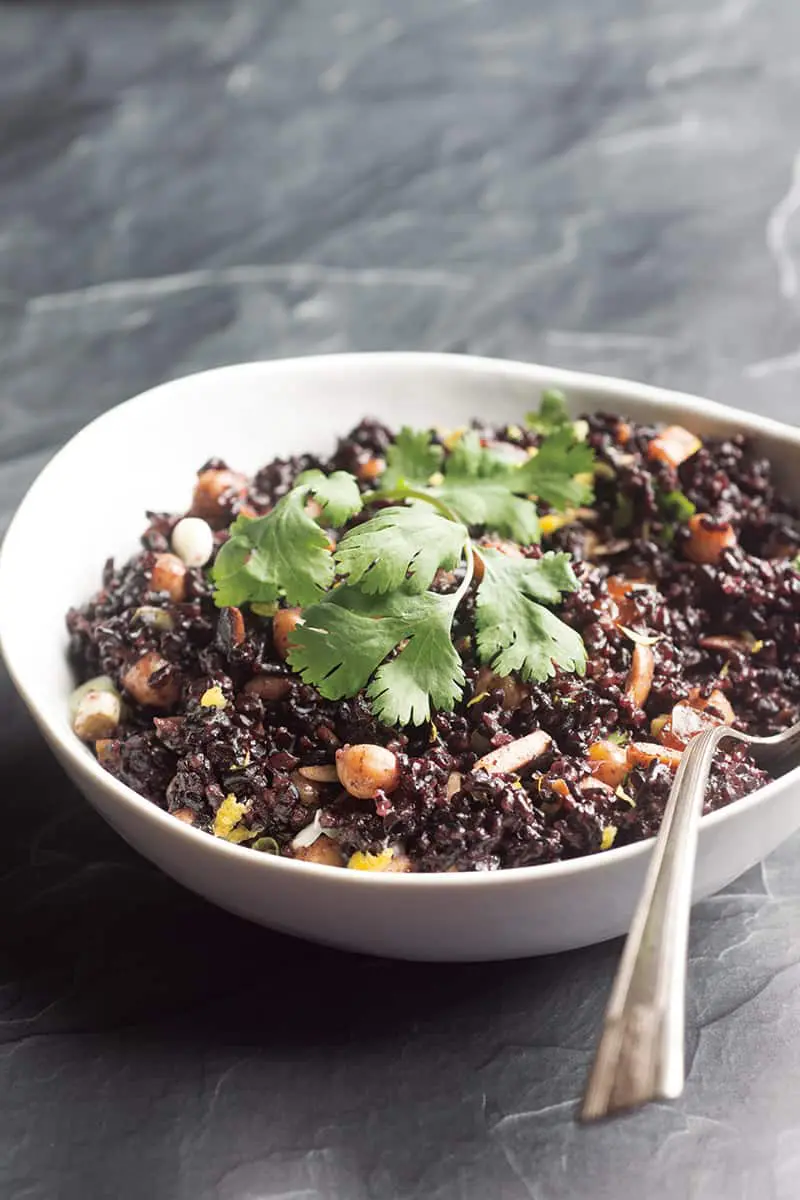By Annie Fenn, MD // Photography by Paulette Phlipot
—
Most of us mountainites habitually get regular, vigorous exercise—enough to stay fit, healthy, and strong. But how often do we think about the fitness of our brains?
As it turns out, paying attention to brain health is just as important as working out. In the past few years, the scientific community has made key discoveries about how the brain works and why its function declines with age. Good news! Learning how to taking care of our brains, just as we have learned to take care of the rest of our bodies, is the first step toward graceful, healthy aging.
All this talk about brain health stems from a simple fact: As a community and as a nation, we are all getting older. The Baby Boom generation (those born between 1946 and 1964) is entering “older” age in record numbers. And the incidence of Alzheimer’s disease—the most common form of dementia—will approach epidemic levels in the next few decades.
Today, more than five million Americans live with Alzheimer’s disease. And because there is currently no treatment to change the course of this progressive brain disorder, they will gradually lose their ability to remember, think, learn, and live independently. By 2050, the number of Alzheimer’s victims is expected to hit 16 million, or one of every two people over age 85. And Alzheimer’s is primed to affect women most, as two-thirds of Alzheimer’s victims are female.
But there’s good news, too. We used to think that cognitive decline was an inevitable consequence of getting older. Not much you can do, right? Wrong! We now know that Alzheimer’s evolves over decades because of the unique interaction between our lifestyle choices and our genetic makeup. Studies show that by modifying certain lifestyle factors, we can prevent or delay the onset of cognitive decline. We’re talking about factors that we actually have the power to change—like how we think, exercise, sleep, cope with stress, and eat.
You may be wondering, Am I too young to be worrying about my brain? After all, everyone misplaces keys now and then and struggles to retrieve someone’s name. Isn’t Alzheimer’s an old person’s disease? Consider this: Researchers are detecting the earliest sign of Alzheimer’s—the build-up of amyloid protein—in the brains of 30-year-olds. Amyloid is a key pathological feature of the disease, as it forms plaque that kills brain cells and slows information processing. The deposition of amyloid is thought to be the first indication that Alzheimer’s is evolving, long before any obvious symptoms of dementia begin. Taking care of our brains now—whether we are 35 or 75—will help prevent cognitive decline later in life.
So, are you ready to cultivate a healthy, resilient, dementia-free brain?
Some people are taking their brains back to school by enrolling in the Brain Works Boot Camp, offered by St. Johns Medical Center in Jackson. This course, created by cognitive health specialist Dr. Martha Stearn, MD, is a crash course in all the evidence-based ways we can take care of our brains. And there’s a bonus! The same strategy that prevents Alzheimer’s disease can help your brain function at a higher level right now. Want more mental clarity and a sharper short-term memory? Want to be more rested, happy, and calm? Brain health—it’s definitely the latest, greatest fitness trend. And here’s what to do:
»»PRIORITIZE SLEEP: As many as one in three Americans are not getting enough sleep. Getting adequate REM sleep—the deep, dream-producing kind—is especially key for Alzheimer’s prevention. While we are dreaming, the “gray matter” (i.e. toxins and plaque) actually shrinks as the brain’s lymphatic system expands. This is when the brain clears its toxins in a process called autophagy. A recent study published in the Journal of Neurology found a strong association between quality of sleep and markers of inflammation in the brain, in particular amyloid plaque. The more disrupted their participants’ sleep patterns were, especially if they were lacking in REM sleep, the greater their risk of dementia.
Bottom line: Strive to get seven to eight hours of sleep each night.
Brain Works Tip: Set an alarm on your phone to go off half an hour before you need to be in bed. Then, turn off your phone and all electronic devices and stash them far away from your bed.
»»GET A HANDLE ON STRESS: People with chronically high stress levels are more likely to develop early dementia and Alzheimer’s disease. Cortisol, the primary hormone released in response to stress, floods the brain’s hippocampus causing neuron cell death and dysfunction. Alzheimer’s prevention is all about maintaining a healthy hippocampus—the region of the brain that houses memory, knowledge, and emotion. Meditation is one of the most evidence-based tools to reduce stress and change brain chemistry. Brain scans of people who meditate show enhanced cerebral blood flow; and some may actually form new neural circuits that bypass amyloid plaque.
Bottom Line: Find a way to incorporate a stress-reducing activity into your daily routine.
Brain Works Tip: If you are new to meditation, start by sitting for just a few minutes each day to let your mind rest. A phone application like Headspace can help keep you on track. Or try Kirtan Kriya, a chanting yoga meditation proven to improve memory, sleep, and mood, and diminish stress. Learn more at alzheimersprevention.org.
»»FEED YOUR BRAIN: Numerous studies show that following a Mediterranean diet reduces the risk of heart disease, cancer, and chronic diseases, while enhancing longevity and quality of life. Now we are learning that many facets of the Mediterranean diet can reduce Alzheimer’s risk, too. One recent study in the Journal of Alzheimer’s and Dementia showed that eating from the MIND diet (a variation of the Mediterranean diet) reduced Alzheimer’s risk by 53 percent in nearly 1,000 participants over five years.
Bottom Line: Certain foods enhance brain function and are being studied as a strategy to prevent Alzheimer’s.
Brain Works Tip: Check out the MIND diet’s 10 brain-healthy food groups, and the five groups to avoid. (See sidebar on page 37.)
»»BUILD YOUR COGNITIVE RESERVE: A healthy brain needs to be constantly learning. That’s how it maintains its neuroplasticity—the ability to make new connections.
Bottom Line: Go beyond doing crossword puzzles to really challenge your brain: learn a new language, pick up a musical instrument, take a dance class, or sign up for an online brain training program.
Brain Works Tip: Be aware that many computer programs are marketed as ways to enhance brain function, but only one has adequate data to back it up: BrainHQ.
»»EXERCISE SMARTER: Keep up with your aerobic workouts. We know exercise that’s good for the heart is also good for the brain. Add intervals and resistance-training to enhance brain function. And mix it up with mindfulness-based exercises, like yoga and Tai Chi.
Bottom Line: Physical exercise is good for the brain; a combination of aerobic efforts, strength training, and exercise that incorporates mindfulness is even better.
Brain Works Tip: Try taking a different route when you head out to run, bike, or hike—just switching up locations is good for the brain.
Do’s and Don’ts of Brain-Healthy Food
—
EAT MORE of the following foods to reduce Alzheimer’s risk:
- Berries: at least two 1/2-cup servings each week.
- Vegetables: daily intake of colorful, cruciferous veggies.
- Leafy greens: one generous serving every day.
- Beans: four or more servings each week.
- Nuts: one 1/2-cup serving, at least 5 times each week.
- Fish and seafood: one or more servings each week (not fried).
- Chicken and poultry: two or more servings each week (not fried).
- Whole grains: three 1/2-cup servings each day.
- Olive oil: use as your primary cooking oil.
- Red wine: one 5-ounce glass per day.
EAT LESS of the following brain-unhealthy foods:
- Red meat: up to four 3-ounce servings per week
- Butter: less than one tablespoon per day
- Cheese: less than a 1-ounce serving per week
- Fast foods and fried foods: less than one serving each week
- Pastries and Sweets: up to five servings each week
Oven Steamed Salmon with Cilantro Chutney
—
Serves 5
—
For the salmon
1 – 2 1/2 pound Pride of Bristol Bay wild sockeye salmon filet
Olive oil
Sea salt
Boiling water
- Preheat the oven to 275º F. Place a large saucepan on the lowest rack. Place another rack up high in the oven.
- Rub a thin baking sheet with enough olive oil to coat lightly. Place the salmon on the sheet.
- Dry the salmon with a paper towel and sprinkle with salt.
- Bring a teakettle of water to a boil and carefully pour into the pan in the oven. Place the sheet pan of salmon on the uppermost rack. Close the oven door.
- Oven-steam the salmon for 20 to 22 minutes.
- Test for doneness with an instant read thermometer: 110º F for rare, 115º F for medium-rare, and 120º F for medium.
- Remove immediately.
* Recipe adapted from Unforgettable: The Bold Flavors of Paula Wolfert’s Renegade Life
For the chutney
1 packed cup cilantro stems and leaves, washed, dried, and chopped
2 ounces raw, unsalted cashews
4 tablespoons fresh lemon juice
1 teaspoon kosher salt
4 teaspoons honey
1/4 teaspoon ground turmeric
2 small, fresh green chiles, deseeded and chopped
- Place all ingredients in a blender or food processor.
- Pulse until smooth and pesto-like. Add water, if needed.
- Add more lemon juice, salt, or honey to taste. Add an additional chile for more spice.
- Serve it atop, or as a side to, the warm salmon.
Note: Store leftover chutney in the fridge in a small, airtight container for up to five days, or freeze for up to three months.
Moroccan Forbidden Rice Salad
—
Serves 6
—
2 cups forbidden rice (black short grain rice)
4 cups water
1 teaspoon kosher salt
2 large lemons, zested and juiced
1/2 cup extra virgin olive oil
1 3/4 cups cooked chickpeas (or one 15-ounce can, drained)
1/4 cup scallions, white part only, minced
2/3 cup pitted dates, chopped
1/2 cup slivered almonds, toasted
1 1/2 teaspoons ground cardamom
1/2 cup fresh cilantro, minced, plus 2 sprigs for garnish
Salt
Freshly ground pepper
- Rinse rice well and shake dry.
- Bring water to a boil with salt. Add rice and lower heat to a simmer. Cover and cook for about 20 minutes. Turn off heat and leave covered for another 20 minutes. (Can also be made in a rice cooker.)
- While the rice is cooking, zest the lemons, cut them in half, and juice.
- Whisk together 3 tablespoons lemon juice and 1/2 cup olive oil. Set aside.
- Fluff rice with a fork; transfer to a bowl. Toss with lemon juice and olive oil mixture. Fold in remaining ingredients. Season with salt and pepper.
- Let stand at room temperature until ready to serve.
- Adjust seasonings and garnish with cilantro sprigs before serving.
Brain Works for Dementia Prevention
—
What: Brain Works is a dementia prevention class created by cognitive health specialist Dr. Martha Stearn, MD, of St. John’s Medical Center in Jackson.
Who: Brain Works is for anyone who wants to learn how to reduce dementia risk using the latest evidence-based science.
How: Students build cognitive reserve using BrainHQ, a computerized brain-training program that challenges processing speed in a way that enhances neuroplasticity. Brain Works Kitchen cooking classes teach students how to choose the most brain-healthy foods, and how to create easy meals using modern techniques. Training in meditation teaches students how to effectively rest the brain. Movement classes incorporate exercises shown to enhance cognitive function, such as Tai Chi and Kirtan Kriya. Lectures cover topics such as how to sleep better, which medications to avoid, and how to cultivate a brain-healthy lifestyle.
When: Contact St. John’s Hospital’s Cognitive Health Department for upcoming dates and to register. (tetonhospital.org)



